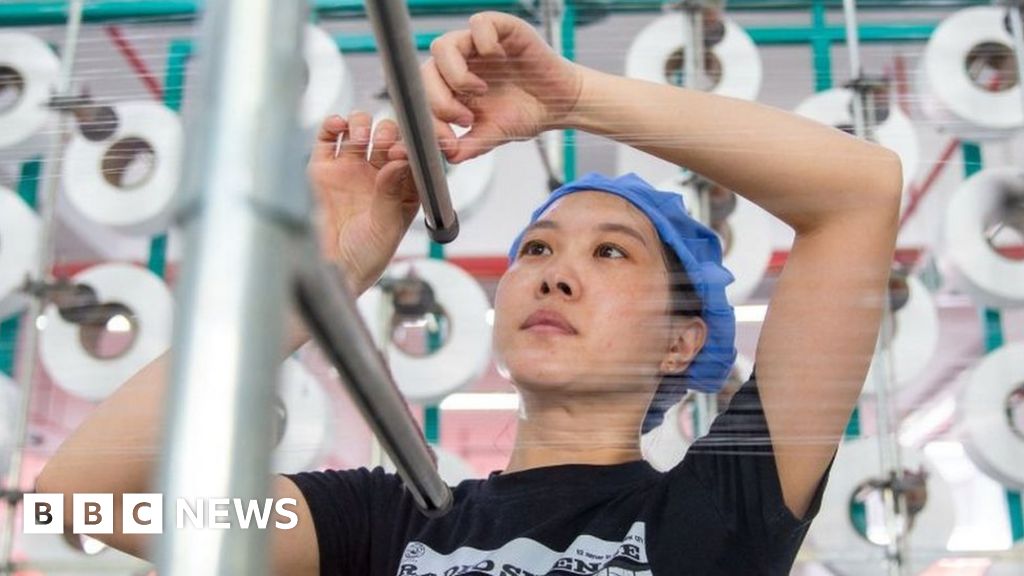China's central bank has cut the main benchmark interest rate in an attempt to address falling apartment prices, weak consumer spending, and broad debt troubles, but the reduction was smaller than expected, signaling the potential ineffectiveness of traditional tools to stimulate the economy.
China's decision not to cut its five-year loan prime rate to revive the real estate sector and boost the economy is expected to have a limited impact and further weaken confidence, according to economists.
The majority of economists polled by Reuters predict that the U.S. Federal Reserve will not raise interest rates again, and they expect the central bank to wait until at least the end of March before cutting them, as the probability of a recession within a year falls to its lowest level since September 2022.
Chinese shares dropped as banks in the country cut interest rates less than expected, with the benchmark one-year loan prime rate being lowered by 0.1 percentage point to 3.45%.
China's one-year loan prime rate is slashed by 10 basis points, while the five-year rate remains unchanged, leading to mixed performance in Asia-Pacific markets, with Hong Kong's Hang Seng index slipping 1.8%, mainland Chinese markets in negative territory, and other markets on the rise; meanwhile, Thailand's economy expands by 1.8% in Q2, lower than expected.
Chinese state-owned banks are expected to lower interest rates on existing mortgages, with the quantum of the cut varying for different clients and cities, in an effort to revive the property sector and boost the country's economy.
China's central bank will cut the amount of foreign exchange reserves required for financial institutions, in an effort to slow the decline of the yuan.
Central banks across major developed and emerging economies took a breather in August with lower interest rate hikes amid diverging growth outlooks and inflation risks, while some countries like Brazil and China cut rates, and others including Turkey and Russia raised rates to combat currency weakness and high inflation.
The Federal Reserve is expected to cut interest rates by about one percentage point next year as economic growth slows and unemployment rises, according to chief economists at major North American banks.
China's economy is facing challenges due to its real estate crisis and high levels of mortgage debt, but the government is hesitant to provide fiscal stimulus or redistribute wealth, instead aiming to rely on lending to avoid a potential recession. Banks have cut interest rates and reserve requirements, but it is unlikely to stimulate borrowing. However, economists predict that policymakers will intensify efforts in the coming months, such as changing the definition of first-time home buyers and implementing property easing measures, to address the economic downturn.
Chinese commercial banks are concerned that the central bank's recent cut to mortgage rates will not be enough to prevent a surge in mortgage prepayments, which could squeeze bank margins.
High mortgage rates have frozen the US housing market, but experts predict that the Federal Reserve may cut interest rates in the next 12 to 18 months, potentially leading to a decline in mortgage rates.
